Interdisciplinary
Interdisciplinary Perspectives on Curriculum Content for Translational Geroscience Education
-
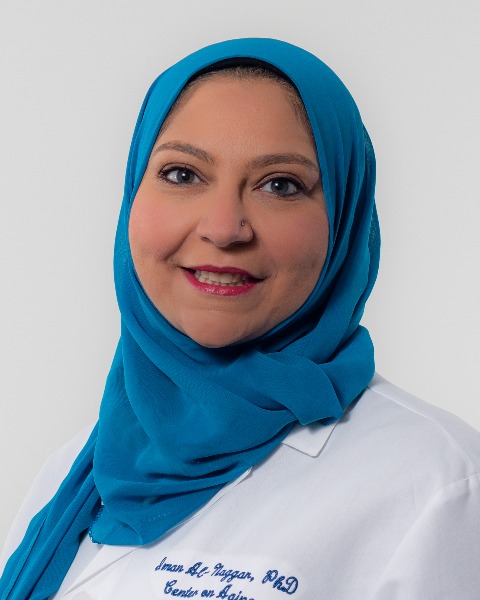
Iman Al-Naggar, PhD (she/her/hers)
Assistant Professor
Center on Aging
UConn Health
Farmington, Connecticut, United States -
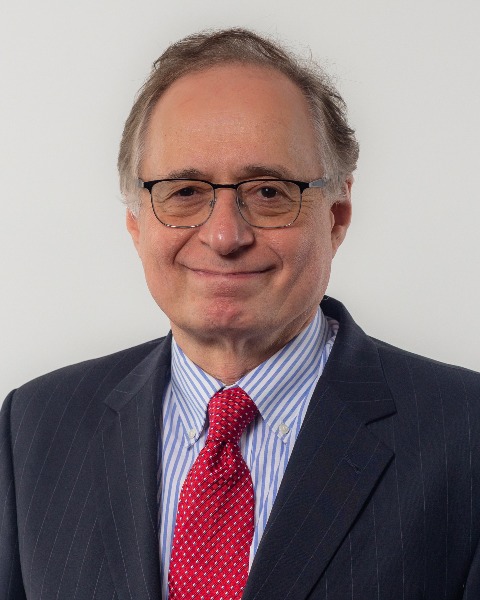
George Kuchel, MD, CM, FRCP, AGSF (he/him/his)
Professor and Chair
Medicine, Geriatrics and Gerontology
University of Connecticut
Farmington, Connecticut, United States -
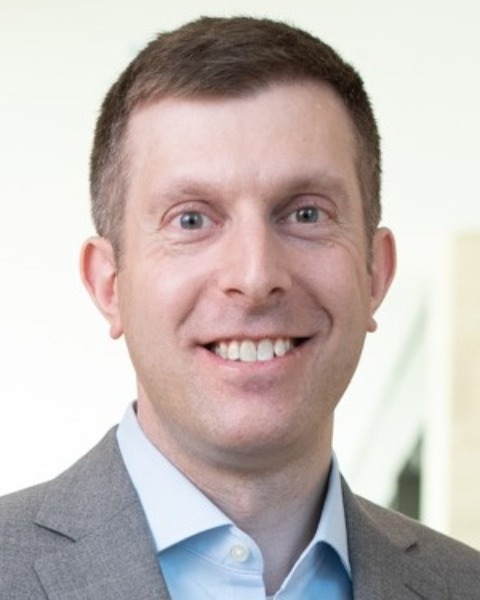
John Newman, MD, PhD (he/him/his)
Assistant Professor
Geriatrics
Buck Institute for Research on Aging
Novato, California, United States -
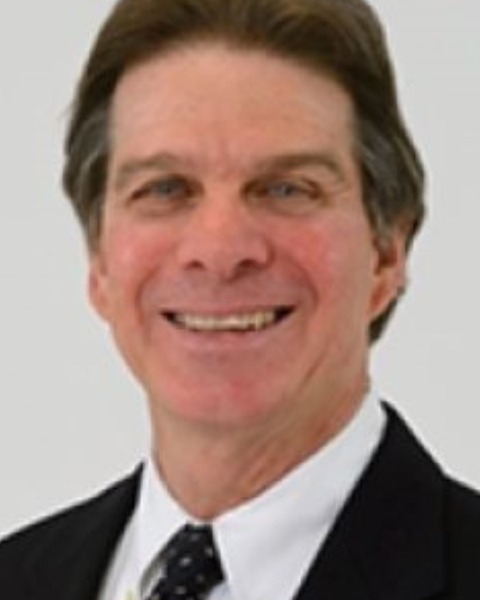
Richard Fortinsky, PhD, FGSA (he/him/his)
Professor and Health Net, Inc. Endowed Chair in Geriatrics and Gerontology
UConn Center on Aging
University of Connecticut
Farmington, Connecticut, United States -
GT
George Taffet, MD, FGSA (he/him/his)
Professor
Huffington Center on Aging
Houston Methodist Hospital
Houston, Texas, United States -
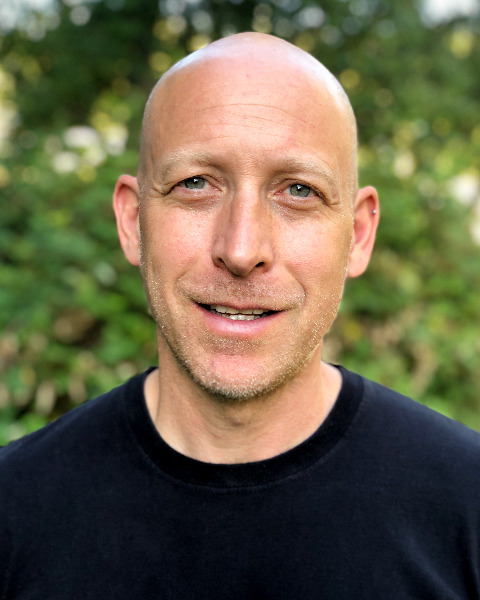
Eli Puterman, PhD (he/him/his)
Associate Professor
School of Kinesiology
University of British Columbia
Vancouver, British Columbia, Canada
Chair(s)
Co-Chair(s)
Discussant(s)
Individual Symposium Abstract First Author(s)
Translational geroscience is a new field of study that aims to delay, prevent or alleviate several aging-related diseases simultaneously by targeting the so-called "biological hallmarks of aging," a constellation of biological pathways at the root of natural aging and chronic conditions for which aging is the major risk factor (e.g., diabetes, cardiovascular disease, Alzheimer's, cancer). Geroscience is a paradigm shift in healthcare because it aims to move away from single disease management to multi-disease prevention or alleviation and decrease the period of morbidity at the end of life. In order to train a workforce in conducting translational geroscience trials, the Geroscience Education and Training Network (NIH/NIA R25AG073119) is developing curricula towards a Certificate in Geroscience Research Program. This program is designed to train investigators in aspects specific to clinical trials of geroscience guided interventions (pharmaceutical or behavioral) in older adults. Evidence suggests that many factors often not considered in trial design play an important role in the outcomes of these trials; for example, social determinants of health contribute to accelerated aging and worse outcomes in minority populations, socially-disadvantaged persons, and other vulnerable populations, where chronic diseases arise at a much younger age. This symposium aims to begin a conversation between biological scientists, behavioral and social scientists and others to address the question "What knowledge from your specific field do translational geroscientists need to know to conduct meaningful and impactful geroscience clinical trials?" This insight is essential to help develop the curricula required to train a well-rounded workforce of translational geroscientists.
Learning Objectives:
- Describe how social and behavioral determinants of health impact biological aging across the lifespan, particularly the impact on trial design, recruitment of individuals and implementation.
- Identify considerations from social research, policy, and practice perspectives that could be incorporated as topics into educational curricula for scientists planning to engage in geroscience-guided clinical trials.
- Interpret the disconnect between Geroscience and Gerotherapeutics in order to strategize how to break down barriers to clinical practice.
Presentations:
-
10:00 AM - 11:30 AM PSTCurriculum Content for Translational Geroscience Education: Social Research, Policy, and Practice Perspectives
Individual Symposium Abstract First Author: Richard H. Fortinsky, PhD, FGSA (he/him/his) – University of Connecticut
-
10:00 AM - 11:30 AM PSTBarriers to Geroscience in Clinical Community
Individual Symposium Abstract First Author: George E. Taffet, MD, FGSA (he/him/his) – Houston Methodist Hospital
-
10:00 AM - 11:30 AM PSTPeople Do Not Age in Labs: Social and Behavioral Considerations When Developing Geroscience Interventions
Individual Symposium Abstract First Author: Eli Puterman, PhD (he/him/his) – University of British Columbia
